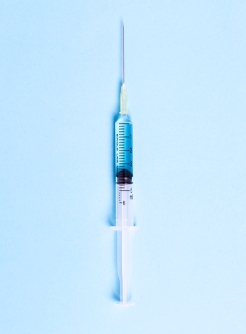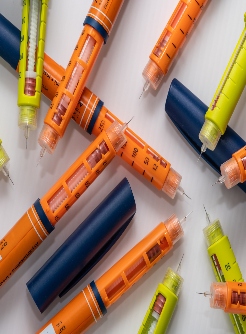Urgent Need for Early Treatment Intensification, Personalized Strategies in Diabetes Care
By Dave Quaile, MD /alert Contributor
January 1, 2024
Delayed treatment intensification in individuals aged 65 years and younger increased the risk of cardiovascular death, while those patients aged older than 65 years faced elevated risks of macrovascular complications, according to research recently published in Diabetes Obesity and Metabolism.
According to the study from Sharmin Shabnam, PhD, from the Leicester real world evidence unit in the Diabetes Research Centre at the University of Leicester and NIHR Leicester Biomedical Research Centre at Leicester General Hospital, UK, the results of the study underscore the urgent necessity for early treatment intensification and personalized strategies to enhance patient outcomes.
“To our knowledge, this is the first study in the real-world setting to assess the effect of delay in intensification among those with hyperglycemia after basal insulin (BI) initiation on micro- and macrovascular outcomes,” Shabnam and colleagues wrote. “Several studies have assessed the impact of therapeutic inertia on clinical outcomes, but they have not focused specifically on the treatment pathway after BI initiation.”
To investigate the impact of intensification delay after BI initiation on long-term complications in people with suboptimal glycaemia, Shabnam and colleagues conducted a retrospective cohort analysis involving individuals with type 2 diabetes = commencing BI. The researchers used de-identified electronic primary care records with linked secondary care data, mortality records, and 2015 patient level Index of Multiple Deprivation data.
Patients aged ≥18 years with at least 1 year of previous up-to-standard registration data at the time of initiation of BI were qualified for enrollment in the study. Patients were excluded if they did not have at least one valid HbA1c measurement both 12 months before and after BI initiation. Glycemic control was defined based on the last recorded value of HbA1c within 12 months after the BI initiation date. Patients with suboptimal glycemia (glycated hemoglobin ≥7% or ≥53 mmol/mol) within 12 months of BI initiation were categorized into either early intensification (treatment intensified within 5 years) or late intensification (≥5 years) cohorts.
The researchers estimated and compared age-stratified risks of micro- and macrovascular complications against individuals maintaining optimal glycemia. Among the 13,916 patients with suboptimal glycemia, 52.5% did not undergo any treatment intensification.
According to the study, late intensification was linked to a 56% higher risk of macrovascular complications among patients aged <65 years when compared with those maintaining optimal glycemia (adjusted hazard ratio [HR] = 1.56; 95% CI, 1.08-2.26). The research also showed that late intensification was linked to an increased risk of cardiovascular-related mortality (HR = 1.62; 95% CI, 1.03-2.54) and a decreased risk of microvascular complications (HR = 0.26; 95% CI, 0.08-0.83).
--
Disclosures: Some authors declared financial ties to drugmakers. See full study for details.
Photo Credit: Getty Images.




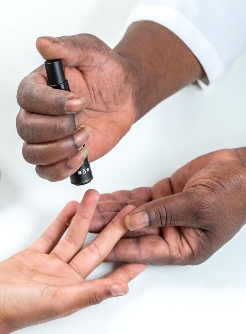



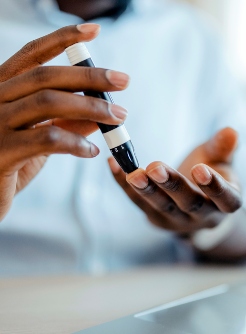













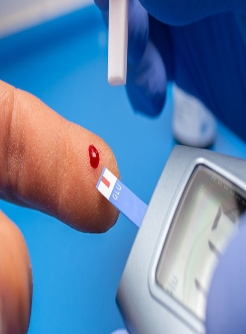



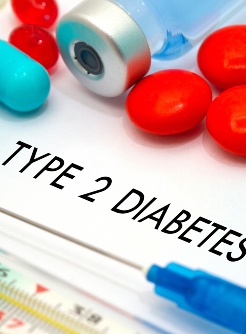




.jpg)
.jpg)

